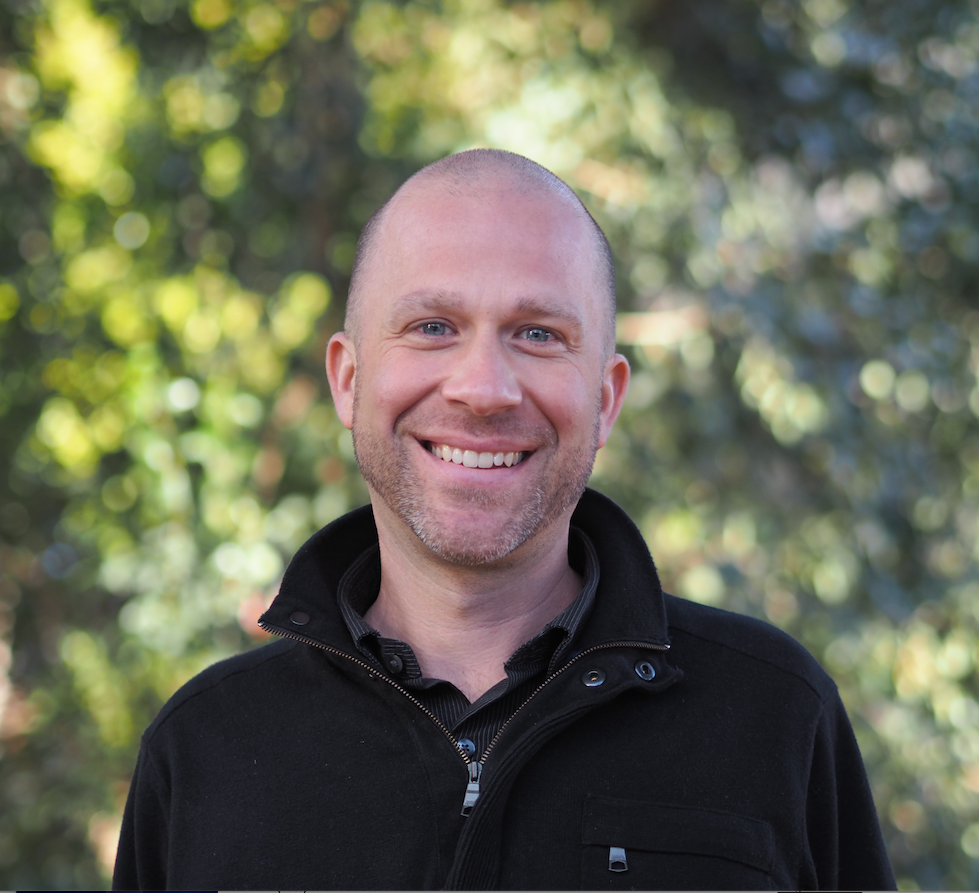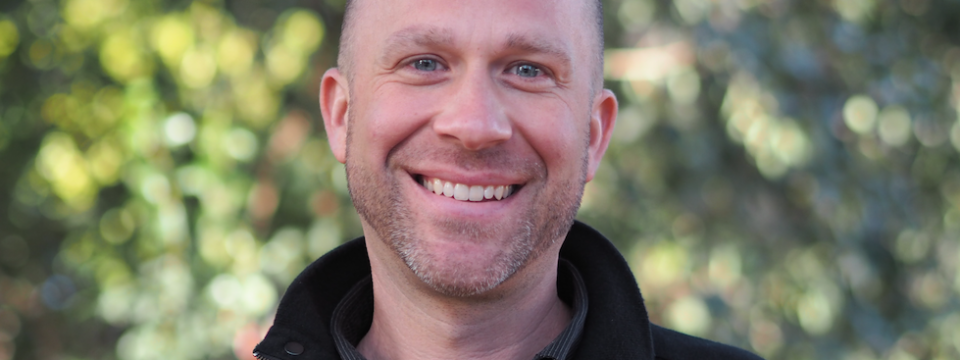Dr. Cory Kidd: You Need Focus + Breadth. Be the best in the world at something. But maintain enough perspective to figure out how and where this fits into the rest of the world

While I was finishing my undergrad degree, I applied for the Rhodes Scholarship and while I didn’t win, I met some great people and got some excellent advice through the rounds of interviews. One of the people coaching me along said I should read the NY Times every day. For the next six months I read it cover to cover. I don’t have the luxury of that kind of time now, but I still read much of the NYT every day, along with several other publications outside of my field.
I had the pleasure to interview Dr. Cory Kidd, founder and CEO of Catalia Health. Catalia Health is a San Francisco-based patient care management company founded by Cory Kidd, Ph.D in 2014. Catalia Health provides an effective and scalable patient engagement platform for individuals managing chronic disease or taking medications on an ongoing basis. The company’s robotic wellness coach, Mabu, utilizes AI and psychology to tailor interactive conversations and enable healthcare providers and pharmaceutical companies to better support patients living with chronic illness.
Yitzi: Thank you so much for doing this with us Dr. Kidd! What is your “backstory”?
I’ve been building healthcare technology for more than 20 years. I spent the late 90’s at Georgia Tech, first as computer science student obtaining a BS and then subsequently was hired as research faculty to help oversee the Aware Home project which focused on creating technology for an aging population. In 2001, I went back to school and completed my MS and Ph.D. at the MIT Media Lab, where I studied how AI, psychology, and robotics interact. In the final three years of my studies, I split my time between MIT Media Lab and Boston University Medical Center where I helped patients in the Nutrition and Weight Management Clinic. Throughout that seven years in Boston, I created the core psychological and medical underpinnings of what I’m doing today.
Immediately after grad school I started my first company in this space, Intuitive Automata, which was based in Hong Kong. Four years ago I moved back to the United States and founded my current company Catalia Health in San Francisco.
Yitzi: Which person or which company do you most admire and why?
I’m more excited about the trend that I’m seeing with people and companies who, while trying to build large and profitable companies, are focused on making a meaningful change in the way that healthcare is delivered. I’ve been in some aspect of the healthcare technology space for 20 years and at the beginning of that time there were motivated and passionate people, but they were working at the edges. For a number of reasons having to do with technology, funding, and acceptance, but most importantly having to do with demographics and economics, this kind of work has taken on a greater urgency and importance than ever before. This has happened not because of one person but because of hundreds of people who have made it their mission in life to solve these really hard problems to the benefit of hundreds of millions of people.
Yitzi: How have you used your success to bring goodness to the world?
I try to focus all of my efforts on building things that will make the world a better place. For me, that’s improving the way healthcare is delivered so that we can give better care to more people on a consistent basis. That’s taken many forms over the last couple of decades, but the current iteration of that has the potential to impact huge numbers of people who are dealing with chronic healthcare conditions.
Yitzi: What are your “5 things I wish someone told me when I first started” and why. (Please share a story or example for each.)
Sell. I think this is the hardest to learn coming from an academic background where you focus only on making statements with clear proof. Healthcare technology is continuously evolving (as are most products) and sometimes you have to make promises on what you know you can deliver before it’s been done. I’ve gotten much better at how I talk about the promise of what we’re doing based on what I’ve learned over 20 years and where I know this is going.
Network. Every industry is about the people you build relationships with. This isn’t the meaningless LinkedIn connection, this is the person that you can call on the phone or sit down over lunch to talk with. You need a few strong connections and hundreds of other good connections to be successful. No matter how good you are, this will take years to do, so get started early. Most times when I have a question now, I can find someone who is an expert to answer it. The last few months I’ve been looking for info about some new thinking at FDA and last week a new company announced successful approval of a very new kind of product. Their CTO is someone I count as a friend, so we’ll get together to talk.
Focus + Breadth. Be the best in the world at something. Take the time to learn an area as deeply as possible. But maintain enough perspective to figure out how and where this fits into the rest of the world. While I was finishing my undergrad degree, I applied for the Rhodes Scholarship and while I didn’t win, I met some great people and got some excellent advice through the rounds of interviews. One of the people coaching me along said I should read the NY Times every day. For the next six months I read it cover to cover. I don’t have the luxury of that kind of time now, but I still read much of the NYT every day, along with several other publications outside of my field.
Take time off. I’ll admit that I’m still not very good at this one, but I’m trying. Things are looking up — as I write this I’m about to head to the airport with my wife and 8 month old son to go to Vietnam for 10 days. When things are incredibly busy, which seems to be always, it’s hard to imagine taking time away. But the value and benefit of doing so is huge — stepping back to be able to think about the bigger picture of what I’m doing is always something that I’m happy to have done.
Friends. This could be part of Networking, but it’s definitely different. Having that small group of people that you turn to is invaluable in keeping your sanity when times are difficult and in enjoying all of the good times. For me, much of this group can overlap with my professional interests in healthcare technology, which is perfect. I don’t believe that there needs to be a clear separation between work that’s hard and the rest of life that’s fun. I love my work and as an entrepreneur and founder of a venture-backed startup, never get away from it for long.
Yitzi: Is there a person in the world, or in the US whom you would love to have a private breakfast or lunch with, and why? He or she might see this. 🙂
Bill & Melinda Gates. I’m very impressed with what they’ve done as partners in combining technology and healthcare. The way they’ve done it (serially: Microsoft and now the Foundation) is vastly different than what I’m doing each day, but what they have learned about the healthcare needs of many people around the world not only drives what they’re doing but can help set the direction of so much work in improving healthcare from the richest to the poorest countries on the planet.
Dr. Cory Kidd: You Need Focus + Breadth. Be the best in the world at something. But maintain enough was originally published in Authority Magazine on Medium, where people are continuing the conversation by highlighting and responding to this story.
